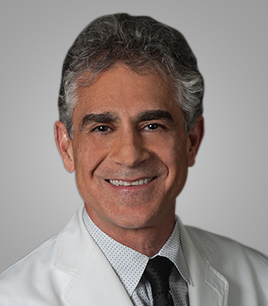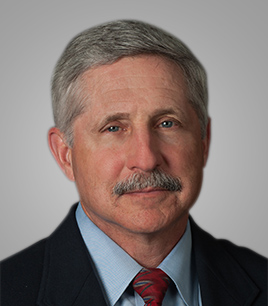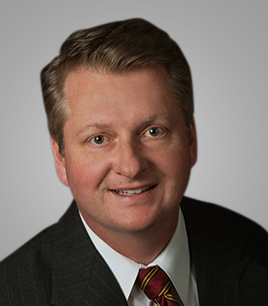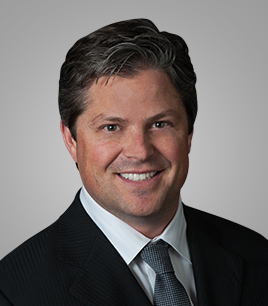Anyone who enjoys fitness and staying active, from weekend warriors involved in recreational sports, to competitive or professional athletes can benefit from working with our sports medicine specialists. This includes our sports medicine physician specialists, physical therapists and athletic trainers.
Sports injuries occur during recreational, competitive and several other types of fitness activities. They can be the result of falls, accidents, inadequate training/recovery time, or insufficient stretching or warm-up. These sports injuries range from sprains and strains, to tears, fractures, and dislocations.
Although there are a wide array of treatment options available, the most common initial treatment after a sports injury involves 5 initial modalities (PRICE) which includes:
- Protection: Casts, splints, slings or immobilizers
- Rest: Avoid activities that may worsen pain and swelling
- Ice: Ice should be applied to the injured area 3-4 times a day, 20 minutes each session. This helps decrease swelling and pain, and improves circulation to the site of injury. Never place ice directly over the skin (use a thin cloth barrier like a sheet or t-shirt)
- Compression: Compression of the injured area (with splints, ACE wraps or air casts) helps to reduce swelling and improve circulation
- Elevation: Elevate the injured body part to the level of the heart to reduce swelling and pain.
Injury prevention of sports-related injuries include:
- Follow an exercise program to improve flexibility and muscle strength around the joint. This has been shown to decrease the incidence of injuries such as ACL tears or shoulder instability
- Dynamic Warm-Up: This involves increasing your heart rate and blood flow to the extremities prior to going full speed. Dynamic warm-up can involve a light jog, jumping jacks, cycling or any other activity for 10 minutes to work up a slight sweat. This should then be followed by routine stretching, both before and after the activity
- When training, gradually increase your exercise level and avoid overdoing that particular activity
- Cross-training: This involves alternating the type of activity or sport that you are involved with, to give that body part time to recover. For example, in the offseason, we recommend that throwing athletes participate in lower extremity-based activities like cycling or hiking. Long-distance runners should take a break from running and instead, participate in upper extremity-based programs like rowing or weight-lifting
- Ensure that you wear properly-fitting protective gear such as elbow guards, eye gear, facemasks, and mouthguards. Wearing well-fitting and supportive footwear during any sports activity will help reduce the chance of injury.
- Maintain a healthy diet and stay well-hydrated
- Avoid participating in sport or fitness activity when you are still in pain or recovering from an injury. Modifying your activity is a critical part of the treatment plan.
The sports medicine specialists at Tri-Valley Orthopedics are leaders in the field of sports injuries, from minor sprains and strains to sports related injuries such as ACL and meniscal tears. Our physicians and trainers cover football and other sports at several local high schools including Amador Valley High School, Dublin High School, Foothill High School and Dougherty Valley High School.
To learn more about our Sports Medicine specialists, please visit the “Our Physicians” section. For addresses and directions to any of our three (3) conveniently-located offices, or for more information on scheduling an appointment, please visit the “Appointments” or “Contact Us” section. You can also call (866) 623-7600 and our friendly staff will assist you in scheduling a convenient time and location for your visit.
Sports Medicine Topics
Click on the topics below to find out more from the orthopedic connection website of American Academy of Orthopaedic Surgeons.
- Exercises for Young Athletes
- Heat Injury
- Muscle contusion (bruise)
- Muscle cramp
- Prevent Golf Injuries
- Prevent Inline Skating Injuries
- Prevent Scooter-Related Injuries
- Return To Play
- Shin splints
- Skateboarding Safety
- Sports Nutrition
- Sprains and Strains
- Stress Fractures
- ACL Injuries
TVO’s Doctors who are experts in Sports Medicine & Arthroscopy
-
Board-Certified Orthopedic
Surgeon & Fellowship-Trained in
Sports Medicine -
Board-Certified Orthopedic Surgeon
& a Fellow of the American Academy
of Orthopedic Surgeons -
Fellowship-trained Board-Certified
Orthopedic Surgeon specializing in
Sports Medicine, Trauma, &
Joint Reconstruction

 Online Bill Pay
Online Bill Pay Patient Portal
Patient Portal







